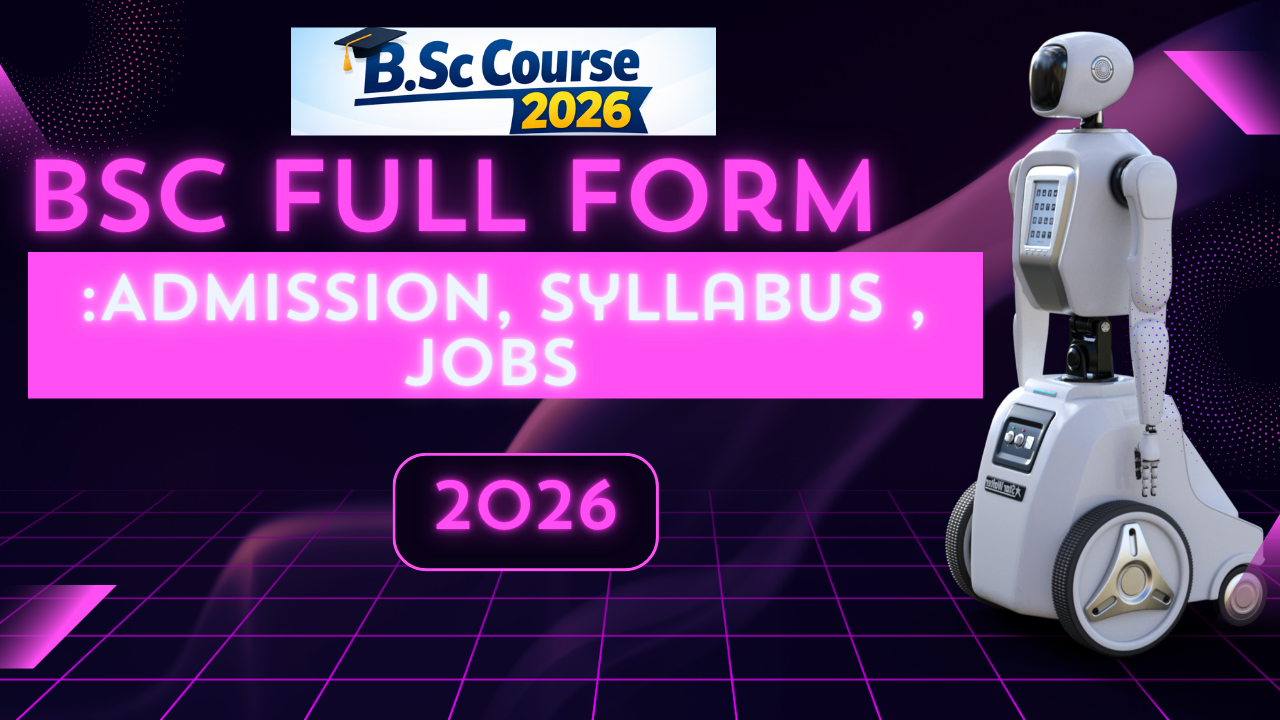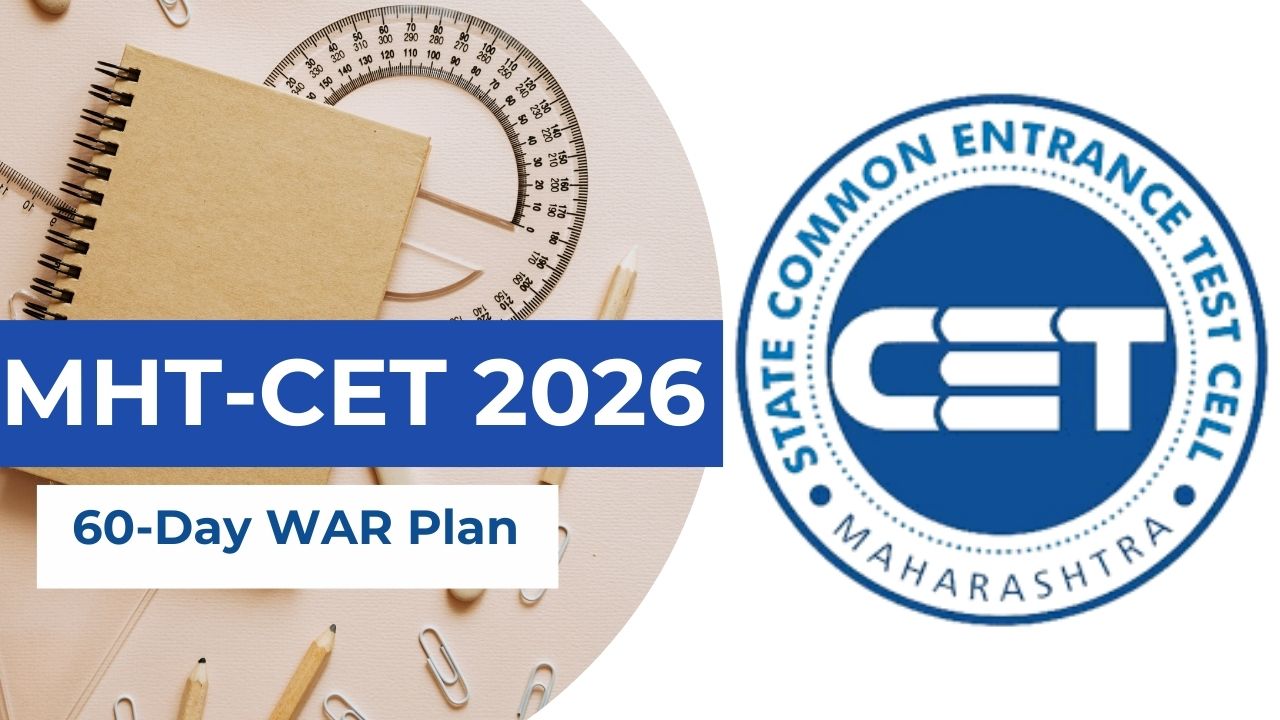Bhoomi Kaushik
Get Real Experts on your side
Before venturing to seek career counseling, answer a few basic questions so we can connect you with our best expert counselor for personalised guidance and mentorship.




Bhoomi Kaushik
11/12/2024
Human Resource Management (HRM) is crucial as it determines an organization's workforce and how employees positively contribute to the company. With the changes in work dynamics worldwide, HRM has become a vital organizational function that is no longer strictly limited to recruiting and taking care of payrolls alone.
In HRM, talent attraction,
identification, and selection occur. This includes designing job descriptions,
interviewing, and on boarding new employees. With modern technology, human
resource professionals have AI-driven tools that help source and assess
candidates better.
HRM ensures employees
possess the necessary skills and knowledge to excel. This involves organizing
training programs, workshops, and leadership development initiatives that align
with organizational goals.
HR professionals design
systems to evaluate employee performance and provide constructive feedback.
Tools like performance appraisals and KPIs (Key Performance Indicators) help
maintain high productivity.
Competitive pay structures
and comprehensive benefits packages are central to employee satisfaction. HRM
oversees payroll, bonuses, health insurance, retirement plans, and other perks.
Fostering a positive work environment is crucial for organizational success. HRM addresses employee grievances, resolves conflicts, and ensures inclusive and fair workplace policies.
Contemporary HRM engages in
strategic workforce planning using analytics to predict trends, optimize hiring
strategies, and reduce turnover rates.
Emerging Trends in HRM
The scope of HRM has
expanded with technological advancement and changes in the workforce's
expectations. Some of the emerging trends include the following:
Tools like HRIS, ATS, and AI-based
analytics have transformed the way traditional HR practices.
HRM is essential in building
diversity and promoting inclusive workplaces that lead to innovation and
collaboration.
HR professionals are major
players in aligning organizational practices towards sustainability goals and
CSR.
Career opportunities in HRM
With more advanced
qualifications, such as an MBA in HR or certifications like SHRM or CIPD,
professionals can advance to senior roles like HR Director or Chief Human
Resources Officer (CHRO).
The scope of Human Resource
Management is broad and continuously evolving. What used to be merely
administratively related tasks is now a strategic enabler in business success.
It contributes to the overall resilience and dynamism in building a workforce
by ensuring engagement, integration of technology, and compliance. For those
wanting to enter this field, this will provide a fulfilling track of making a
difference in people's lives and organizations at large.










.png)











.jpg)


.jpg)




.png)







.png)

.png)




.png)

.png)
.png)



.png)

.png)


.png)

.png)


.png)

.png)

.png)
.png)

 (1).png)



.png)

.png)
.png)


.png)


.png)


.png)

.png)







.png)





.png)


.png)














.png)













.png)




.jpg)






.png)




.png)


.png)
.png)
.png)
.jpg)



.png)


.png)
.png)
.png)



.png)











.png)
.png)



.png)


.png)
.png)


.jpg)







.jpg)









.jpg)





.png)


.jpg)



Before venturing to seek career counseling, answer a few basic questions so we can connect you with our best expert counselor for personalised guidance and mentorship.
